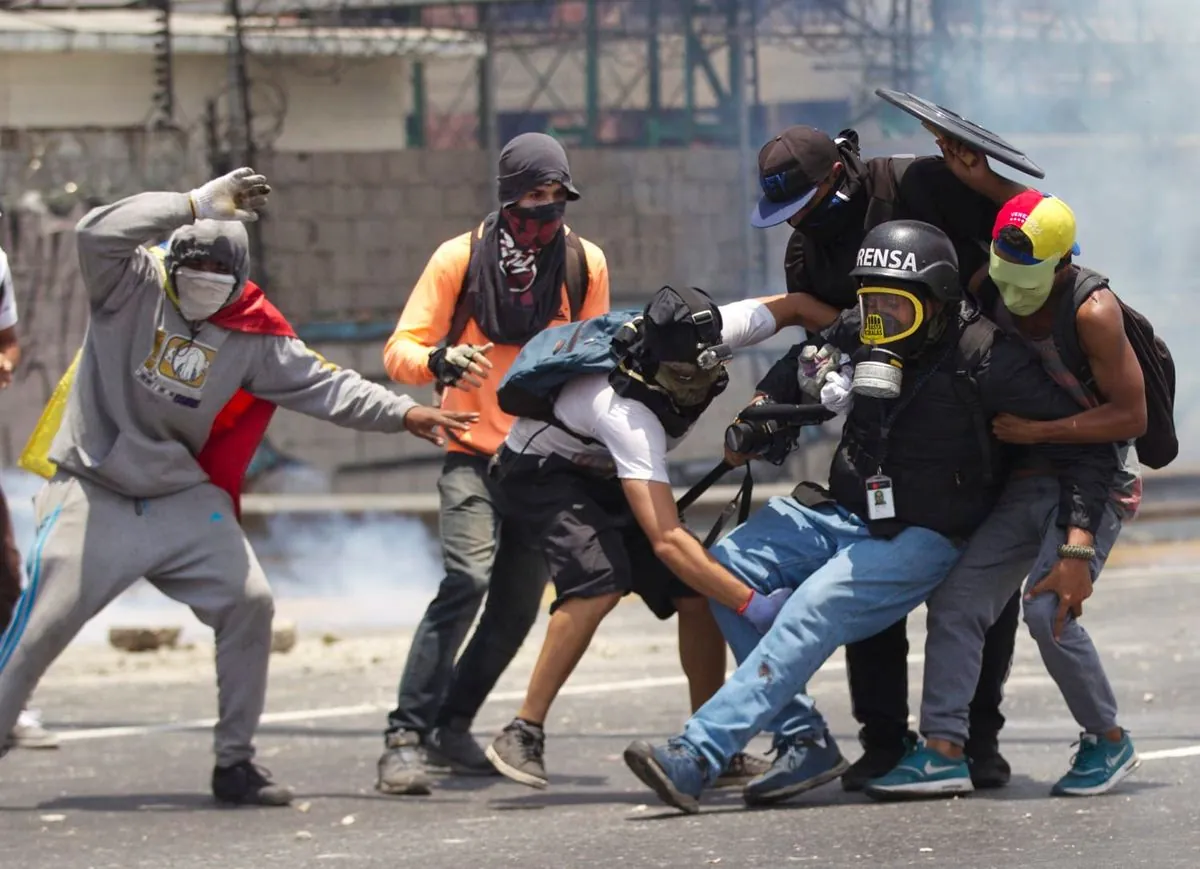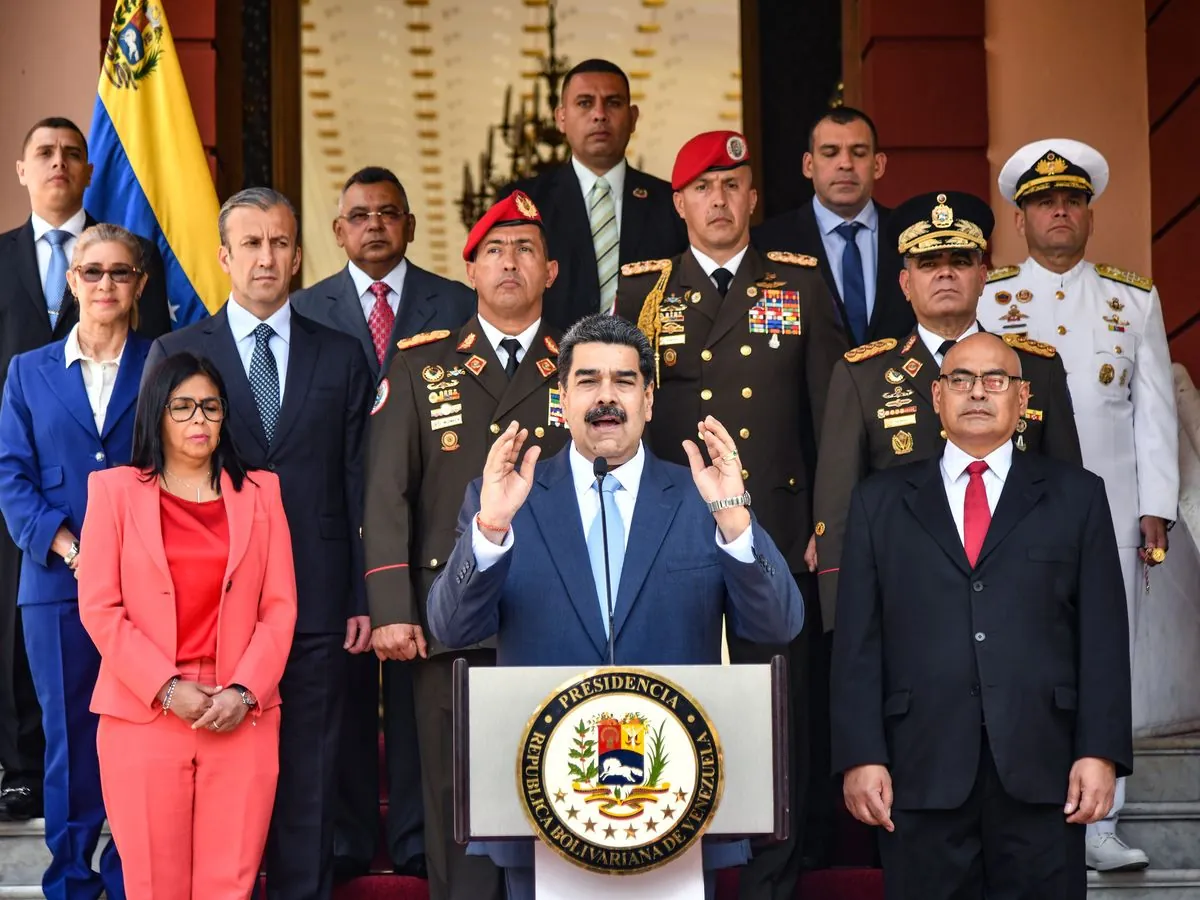Venezuela Rejects UN Human Rights Report Amid Post-Election Turmoil
Venezuela's government strongly refutes UN human rights report criticizing post-election repression. Disputed July elections lead to protests, arrests, and international concern over human rights violations.

On September 20, 2024, Venezuela's government issued a firm rejection of a United Nations human rights report that criticized the country's handling of political dissent following contested elections. The report, presented by a UN fact-finding mission to the Human Rights Council in Geneva, highlighted concerns over the repression of political opponents and the treatment of children in the aftermath of the July 28 elections.
Nicolas Maduro's administration responded with a statement denouncing the report as a form of coercion against the state. The government asserted its commitment to human rights protection, claiming to possess a "robust apparatus" for safeguarding these rights. Additionally, they expressed disappointment in the Human Rights Council's alleged lack of interest in Venezuela's complaints regarding U.S. sanctions and reported assassination attempts against Maduro.

The UN report detailed allegations that Venezuelan authorities had implemented strategies to suppress opposition activities, restrict independent information dissemination, and prevent peaceful demonstrations. These claims come in the context of a highly disputed election outcome, where the opposition has presented voting data challenging the official results that declared Maduro the winner.
"This shameful mission's persistence is a clear sign of the erratic drift led by the U.N. system's institutions, which are increasingly misplaced in their functions and turning into instruments of coercion and blackmail against peoples and sovereign governments."
The political tension escalated when opposition candidate Edmundo Gonzalez sought asylum in Spain following the issuance of an arrest warrant against him. This development underscores the volatile political climate in Venezuela, a country grappling with a prolonged economic crisis and hyperinflation since 2013.
Post-election protests resulted in at least 25 fatalities, according to non-governmental organizations, while the Venezuelan government reported approximately 2,400 arrests. The UN fact-finding mission expressed particular concern over the detention of 130 boys and 28 girls during these protests, with reports of sexual harassment of girls held alongside adult men.
In response to the growing international concern, UN Secretary-General Antonio Guterres engaged in dialogue with Maduro on September 20, 2024. The conversation centered on addressing the reported human rights violations and post-election violence, emphasizing the need for peaceful and inclusive dialogue.
Venezuela's ongoing crisis has led to significant emigration and shortages of essential goods, highlighting the complex humanitarian challenges facing the country. As a member of the UN since 1945, Venezuela's current situation presents a critical test for international human rights mechanisms and diplomatic efforts to address the ongoing political and social turmoil.


































